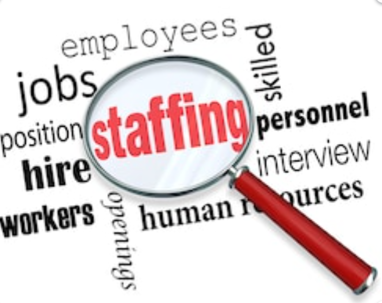A recent ruling by a federal court judge in New York expanding the definition of a “joint employer” may put employers who use staffing agencies at greater risk of wage-and-hour liability.
The Department of Labor’s recent “final rule” had changed the standard for joint employment under the federal Fair Labor Standards Act for the first time in 60 years. Previously, in determining if a business was a “joint employer” of another company’s workers and therefore jointly responsible for any wage-and-hour violations committed by that other company, the analysis focused on a combination of the alleged joint employer’s level of control over the employee and the employee’s level of economic dependence on the alleged joint employer.
The new final rule however, put in place a “balancing test” based on whether the alleged joint employer could hire or fire the worker in question, supervise and control the employee’s work schedules or conditions of employment, determine the employee’s rate of pay and maintain his or her employment records. The final rule also stated that maintaining the right to control the employee’s working conditions wasn’t enough for joint employer liability. The employer had to actually control them. This made it tougher for aggrieved workers hold anyone other than their direct employer accountable for wage law violations.
But a group of 18 states filed a lawsuit seeking to block the final rule from taking effect. They argued that it narrowed the definition of “joint employer” beyond what FLSA allows, particularly in the context of “vertical” employment relationships where companies use workers provided by staffing agencies and other middlemen.
A federal judge agreed. Specifically, the judge found the new rule relied too much on “control” in determining whether a joint employment relationship exists as opposed to the worker’s economic
dependence on the purported joint employer. The judge also said the DOL didn’t sufficiently consider
the costs the final rule could impose on workers.
The decision will no doubt create uncertainty for companies using workers from staffing agencies as
to whether they could face liability for labor practices committed by such agencies. If your company
is in that situation, consult with an attorney who can help you navigate these murky waters.

